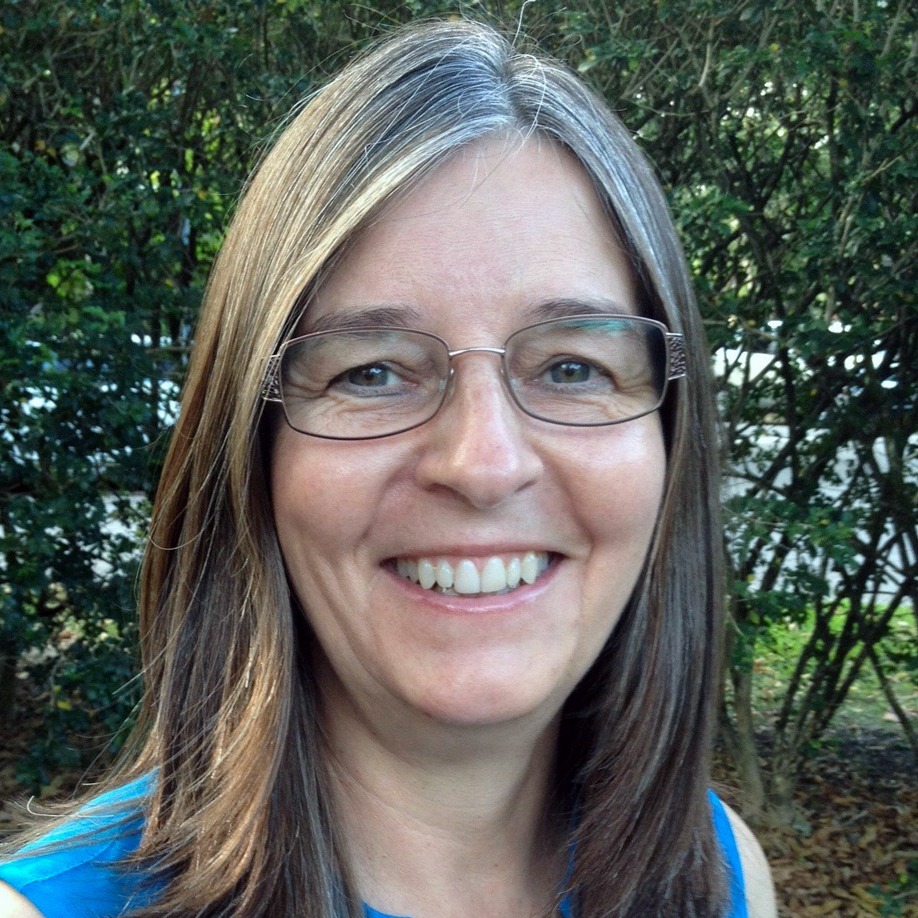Key takeaways:
Non-small cell lung cancer is the most common type of lung cancer — accounting for 80% to 85% of all lung cancers. It is also the most treatable.
Retired journalist Bill Thompson of Cincinnati says his family’s support, his oncology team’s expertise, and mental health therapy help him stay focused on his recovery after surgery and chemotherapy.
He recommends a positive mental attitude in addition to common cancer treatments including surgery, radiation therapy, chemotherapy, targeted drug therapy, and medications that boost the immune system.
The first odd thing about Bill Thompson’s experience with lung cancer is that his diagnosis wasn’t linked at all to three severe episodes of difficult breathing and breathlessness he experienced in fall 2022.
“I literally couldn’t catch a deep breath for the better part of a month,” recalls Bill, a 73-year-old retired Cincinnati journalist and still-active music radio host. After three visits to the emergency room that fall, he was diagnosed with an anxiety disorder, prescribed an anti-anxiety medication, and began seeing a therapist regularly.
Those several months of therapy, Bill says, prepared him for an out-of-the-blue diagnosis 5 months later: non-small cell lung cancer.
A diagnosis of stage 3 lung cancer
The suspicious-looking cells were first detected in 2021, when his new primary care physician ordered a routine full-body PET scan. The doctor wanted to monitor a recent surgical repair to an abdominal aortic aneurysm in Bill’s lower left side.
A follow-up scan in March 2023 indicated that the once-dormant nodule was “growing and sparking,” in his doctor’s words. A cancer surgeon quickly removed the lower left lobe of his lung.

When Bill woke up woozy from the anesthesia, he saw his wife, Janinne, and daughter Jane at his bedside with tears in their eyes.
“And I remember thinking at that point, ‘Oh, I have lung cancer,’” he says.
He was right. It was stage 3 cancer, with cancerous cells found in the removed lung tissue, in cells that had broken off from the main tumor, and in a nearby lymph node.
“Hearing it was stage 3 really made me sit up,” he remembers. “But at that point I was cruising along so well because the mental health therapy had been so wonderful. I was so happy to breathe without distress, so when my doctors told me I had cancer, I said, ‘Let’s go and fix it.’”
- AugtyroRepotrectinib
- Vitrakvi
- EtoposideGeneric Toposar and Vepesid
“Looking back on it now,” he adds, “I know that if I had not gone through therapy, my normal reaction would have involved sitting on my living room floor, shaking my fist at God, and asking, ‘Why me? I only smoked for 40 years … but why me?’”
Chemo infusions and lots of prescriptions
Just weeks after the node removal, Bill’s oncology team inserted a port-a-cath to deliver the cancer-fighting drugs that started that April — four cycles of chemotherapy every 3 weeks.


His oncologist originally prescribed two medications — cisplatin and pemextred (Alimta). But because Bill was already experiencing hearing loss, his cisplatin was switched to carboplatin, a similar chemotherapy medication with fewer hearing-related side effects. Chemo ended in June 2023, and Bill is now on monthly Keytruda infusions through May 2024.
During chemotherapy, he remained on several medications to combat common side effects, including nausea, pain, itchiness, and skin irritations. He continued taking maintenance medications for other health conditions, including lisinopril for cholesterol, Lopressor for blood pressure, aspirin and Plavix to prevent heart disease, and anti-anxiety medications.
“As they explain it to me, the surgery got the cancer that they knew was there, the chemotherapy made sure I didn’t have any remaining cancer in my lungs, and the Keytruda winds its way through my body to take care of any cancers that take detours,” Bill says.
Achy muscles and swollen joints
After receiving a flu shot and COVID vaccine in late October 2023, Bill experienced a common post-injection side effect — painful, swollen joints.
“My hands and feet started to hurt, and I was shuffling like an old man,” he recalls. Doctors prescribed steroids to reduce the swelling, and he now undergoes physical therapy to ease achy and stiff muscles and joints.
After each chemotherapy infusion, Bill typically endured several days of extreme fatigue and muscle shakes, including one shaking attack that required a 3-day hospital stay and an antibiotic for a possible infection. He then returned to the hospital several days later because he was unable to urinate for 24 hours, a possible reaction to the infection-fighting antibiotic.
But he never lost his sense of humor throughout the experience.
“The inability to urinate was the worst,” Bill says. “You know you’re in trouble when you go to the hospital and ask, ‘please, I’d like a catheter?’”
Even before chemotherapy started, his doctors had ordered an MRI brain scan to make sure it, too, was free of cancer. It was.
“As a patient, you get to know what’s going on by reading your online MyChart. The medical jargon can be fabulous. After my brain MRI, the report said my results were ‘unremarkable,’” Bill says with a grin. “I’ve never been happier in my life to hear that my brain was ‘unremarkable.’”
Fighting cancer with medicine and mental health
Bill deals with the everyday reality of a cancer diagnosis, ongoing treatment, and the prospect of a recurrence with a philosophical mindset.
“So much of it is mental,” he says. “I don’t get up every day and say, ‘Yippee! I’m alive!’ But I do get up and say, ‘OK, let’s go again.’ I’m back to chasing freelance writing assignments. I’m still co-hosting ‘Blue Snakes & Banjos’ [a Cincinnati radio show]. I walked almost every day over the summer until the creaky joints crept in. I actually felt better than I had in a long time.

“It’s an up-and-down thing, but I cannot tell you how valuable my therapist was throughout this whole process,” Bill adds. “I saw her every week until late 2023. By then, we’d finally run out of things to talk about.”
Staying mentally active is part of the process, says Bill, who began his journalism career covering high school athletics ($10 for each weekend game) for the Troy Daily News, a newspaper near his hometown of Piqua, Ohio. He joined the Cincinnati Enquirer sports staff in 1980.
“When you have a job that you don’t hate every day for 40 years, all of a sudden you realize you’re a lucky guy,” he says. “I did the same thing every day at the Enquirer, but every day was different. It was great being there in all of those moments.”
He talks to his medical team regularly, thanks them at every visit for their attentive care, and feels fortunate to have robust health coverage.

“I wouldn’t say I’m not afraid of dying, but I just don’t think about it,” he says. “I’m appreciative of the fact that I feel well taken care of. Sure, there have been bumps in the road with the treatment, but for the most part, it’s not been terrible,” he says.
“Cancer is a great equalizer. All of a sudden, it doesn’t matter how many billions of dollars you have. I’m just appreciative every day when I wake up. I can’t assume that everything is going to be OK or get better on its own. I know I have to live every day wisely. I know I have to keep working at it.”

Why trust our experts?

















